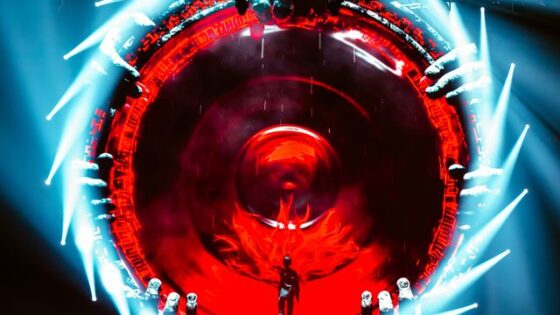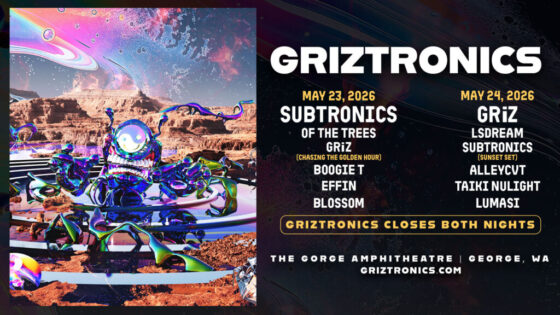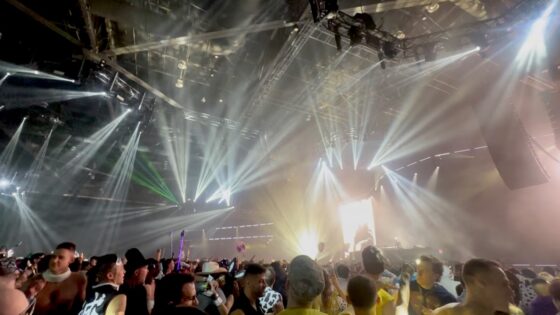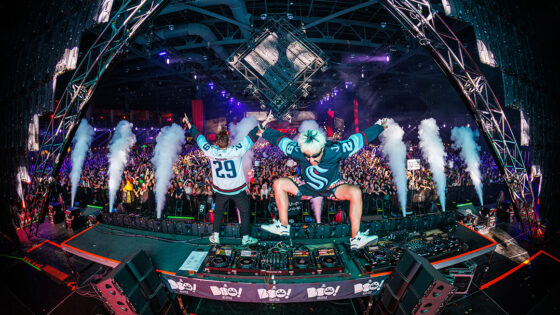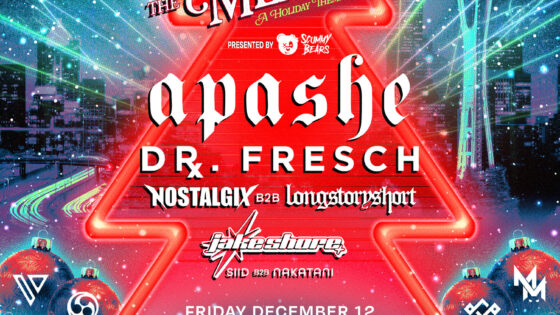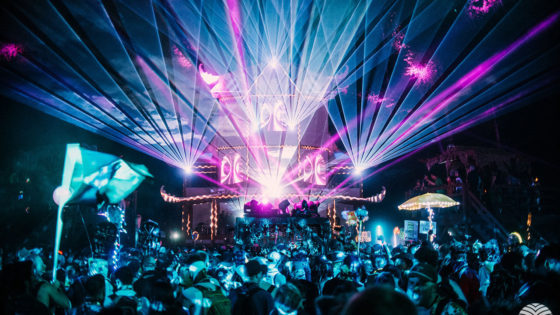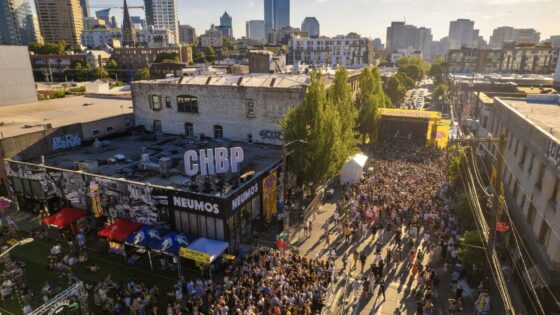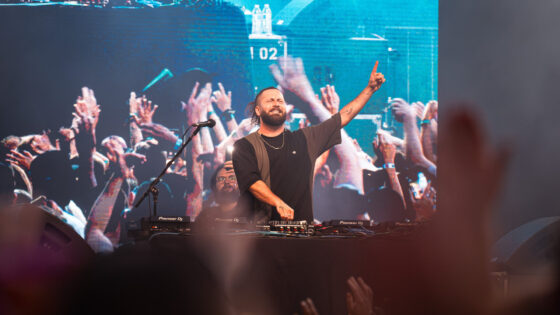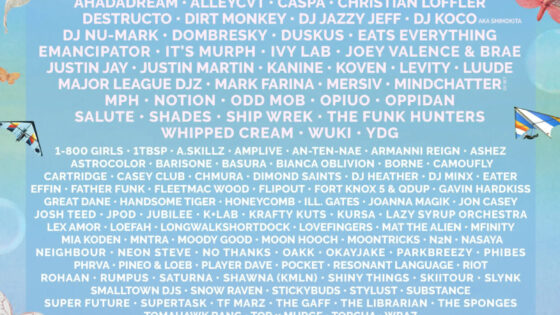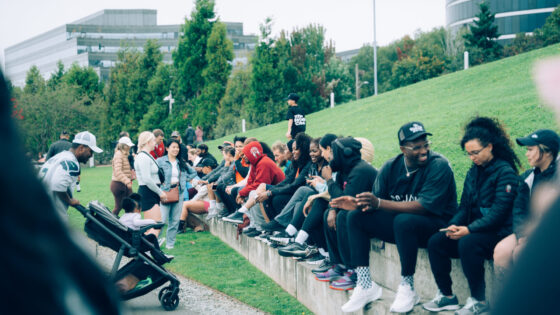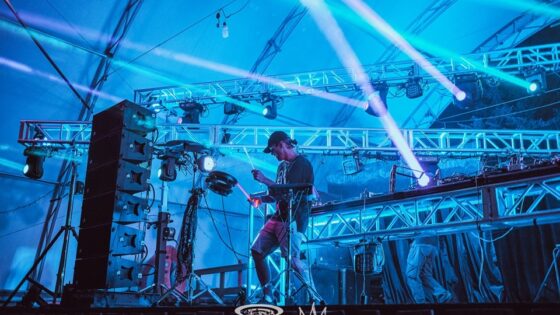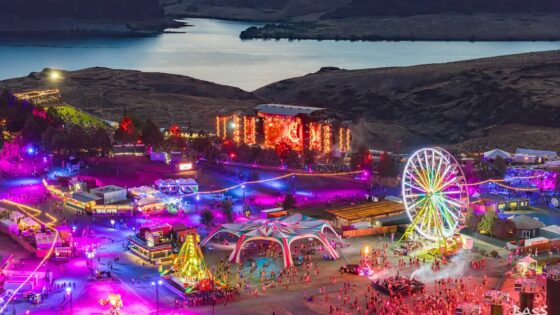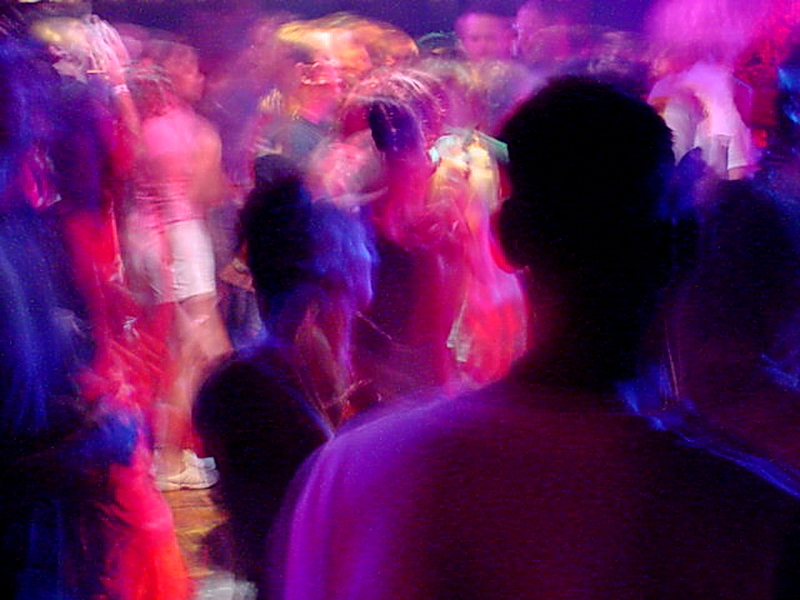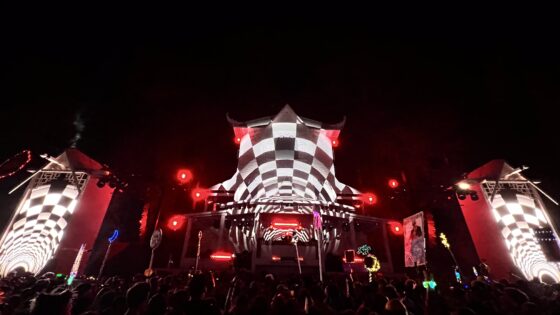In a recent article for DJ Mag, correspondent Matt Anniss poses the question of how much of UK dance music history is actually documented, and the accuracy of the documentation that exists.
Anniss argues that a “tendency towards selective documentation of dance music culture in the UK has led to a widespread acceptance of reductive narratives,” thereby giving only a half-painted picture of the scene’s history. He goes on to argue that, for example, where there is a great deal of writing around the legendary Hacienda club and its starring role in the “Madchester” era of Acid House, there is precious little else on smaller scenes in and around that area in time.
This very thought is later expressed in the article by Matthew Collin, asking, “Was a person dancing at the Hacienda more historically important than another person dancing at Slam in Glasgow or Pure in Edinburgh?”
In order to build a more complete picture of this fractured history, we ought to consider the application of historiography. Historiography is the study of historical writing itself, taking into consideration the context and authors themselves so that we apply it to our own understanding as such. This is effectively what Anniss has accomplished in the article.
So, what are the factors at play here? Much of the UK’s electronic music scene has deeply working-class roots (Grime, Acid House and Happy Hardcore to name but a few). Population and population density also play a role: Consider the sheer number of people in the Greater Manchester area as compared to the relatively small city of Edinburgh.
Its also worth mentioning that Anniss writes little of the first electronic music created in the UK. For example, Daphne Oram, an employee of the British Broadcasting Corporation created “Still Point,” a song “considered the first piece that combines orchestral acoustic music with live electronic manipulation” in 1949!
Oram also invented the Oramics, a machine that effectively “drew” music onto tape and could layer sounds in 1957. (Author’s note: fun fact, her protege Delia Derbyshire went on to write the main theme for the BBC’s long-running, iconic sci-fi series Dr.Who)
Finally, let us consider how this is relevant in the 2020s. The advent of social media has inadvertently provided us with a powerful means of writing and preserving history on a primary source basis. Instead of relying on secondary source material or scattered recollections from blurry nights from primary sources, we have tools to extract information from in excruciating detail. It will be fascinating to see how music history is written in the future, as it develops from the present.
Important things happen in Pacific Northwest nightlife, and DMNW will send you alerts!

